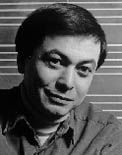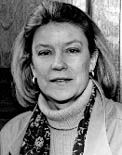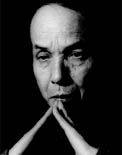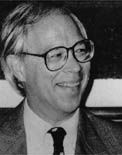1996 – Max Singer and Aaron Wildavsky
For the first time, the major world powers share a commitment to democracy. By working together, they eventually will encourage other nations toward democracy and, ultimately, peace. This is one of the predictions by Max Singer and the late Aaron Wildavsky, authors of The Real World Order: Zones of Peace/Zones of Turmoil. The ideas presented […]









